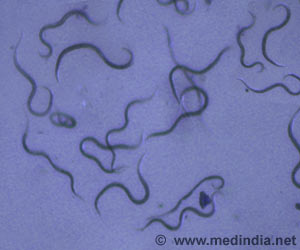Postoperative cognitive dysfunction is the deterioration of cognitive performance after anesthesia and surgery.

Previous studies have shown that the occurrence of postoperative cognitive dysfunction is affected by many factors, including advanced age, low educational level, pre-existing cognitive impairment, alcohol abuse, and severity of coexisting illness. However, the real cause for postoperative cognitive dysfunction is still unclear.
Metabolite changes have been reported in various neurodegenerative diseases, but not in postoperative cognitive dysfunction. A research team from Third Xiangya Hospital, Central South University in China performed correlation analysis between changes in hippocampal metabolites and cognitive dysfunction in aged rats, and suggested aspartic acid concentration in the hippocampus may be a biomarker for predicting the occurrence and disease progress of cognitive dysfunction. The relevant paper has been published in the Neural Regeneration Research (Vol. 9, No. 2, 2014).
Source-Eurekalert










